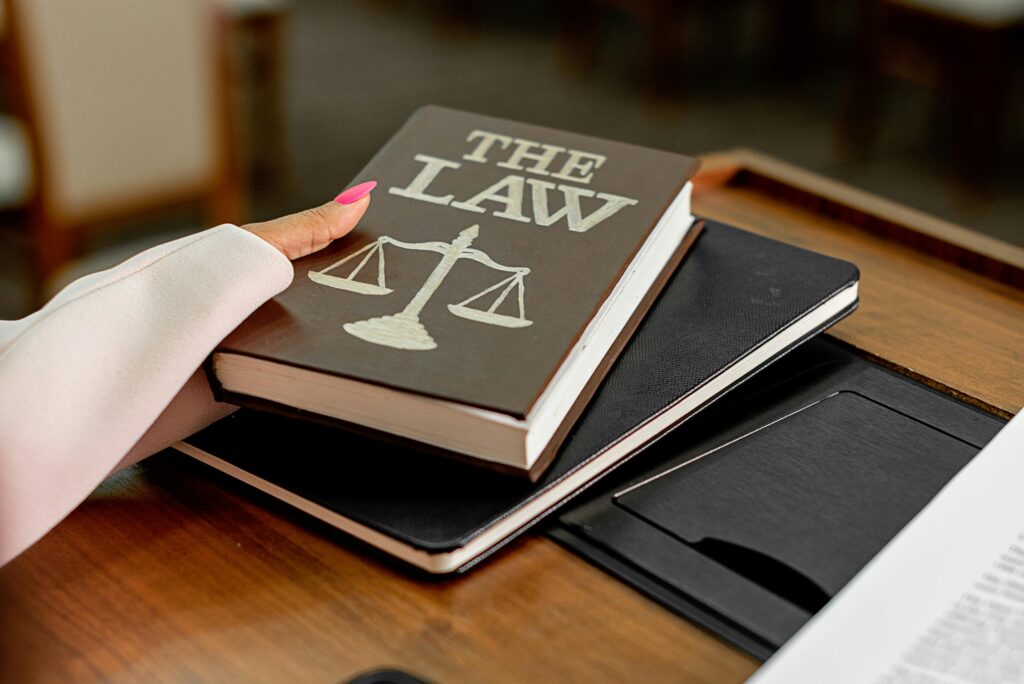Published On: 14th September, 2024
Authored By: Jouri Mahmoud Darwish
- The law of contempt has been widely misinterpreted and misused within the contempt jurisdiction, as observed by Lord Denning.
- The contempt jurisdiction originates from the Ecclesiastical Courts dating back to the Middle Ages when ethics and law were treated as equal.
- The inherent power of the courts to punish for contempt of court is universally recognized.
- The law of contempt is governed by statutes like the Contempt of Courts Act, 1971, as well as constitutional provisions like Articles 129 and 215, which empower the Supreme Court and High Courts to punish for contempt.
- An advocate is expected to conduct their case honestly, and deliberate deception of the court can amount to contempt.
- While an advocate found guilty of contempt may also be guilty of professional misconduct, the two jurisdictions are separate and distinct, to be exercised by different forums.
- The Supreme Court has held that the power to control conduct in court lies exclusively within the domain of the courts, not the Bar Councils. Courts can frame rules to debar advocates guilty of contempt or unbecoming conduct from appearing before them, without interfering with the disciplinary jurisdiction of the Bar Councils.
- The right to practice law is distinct from the right to appear and conduct cases in court, which is subject to the courts’ supervisory and controlling Courts can frame rules to regulate the appearance and conduct of advocates in court proceedings.



